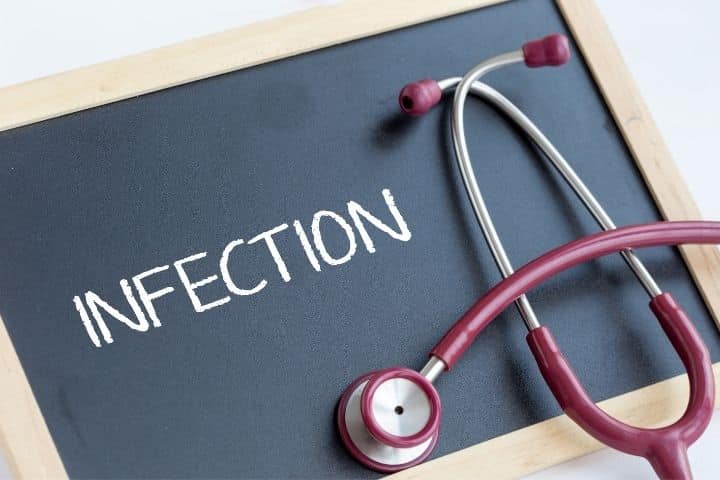Most people know that HPV is spread through skin to skin contact during sexual activity involving the genital area.
Although, it is most commonly transmitted through vaginal sex, did you also know that it can also be spread through anal and oral sex too?
In the following article, we aim to answer all the questions you have about HPV infections, dispelling some of those myths which could leave you more vulnerable.
Common HPV Infection Questions
I only have one sexual partner, does this mean I won’t get HPV?
Even being sexually active with only one person can bring on an HPV infection. Having more sexual partners will put you at higher risk for contracting an HPV infection.
I won’t be at risk because my partner didn’t have any symptoms…right?
The short answer is: you could still be at risk.
Unfortunately, HPV can be passed on even when someone with an HPV infection does not have any symptoms.
With a healthy immune system, someone may suppress symptoms of the HPV infection, but the virus can still hop over to another host. With a healthy immune system, chances are it won’t cause any serious complications.

We use physical protection (i.e. condoms) every time so I’m safe.
While condoms provide excellent protection against sexually transmitted infections, they only provide some protection against HPV.
Condoms do not cover the entire genital area, so you can still get the HPV virus though skin to skin contact in the genital area even if you’re wearing a condom. It can also be spread through contact with other areas that aren’t covered.
In other words, you can get HPV through oral-genital or hand-genital contact – not just sexual intercourse!
If I got it once, I’m safe now…right?
You can be infected with HPV more than once, even if you’ve already been exposed to HPV before.
It is possible that the body may not have developed long-term protection against the virus, or you may come into contact with a completely different strain of the virus, remembering that there are over 100 different types of HPV.
What serious conditions can develop from having HPV?
The following conditions can all stem from having a particular strain of HPV:
- Genital warts
- Cervical dysplasia
- Precancerous lesions
- Cervical cancer
HPV Detection and Prevention
HPV testing is key to detecting and thus preventing further high risk complications of HPV in women.
A good way of doing this is to attend routine women’s health screening exams with your medical doctor.
Pap Smear Test
These are usually done once every 3 years after the age of 21 in sexually active females.
The Pap Test detects even the earliest cellular dysplastic changes and this timely detection has led to reduction in the progression to cancers.
A Pap test must be repeated every one to two years after the first Pap test. An abnormal Pap smear will be followed up with further testing to detect the stage of abnormality.
It could just be abnormal cell growth with no cancerous disposition, or it could be a growth of squamous cells, which are likely to result in cancer.

HPV Test
It is important to note that the FDA has approved the HPV test to be used for women over 30 years old, as it may be useful in finding HPV before there are cervical changes.
There are now very accessible HPV tests kits that you can use from the comfort of your own home.
These are quick and easy to use, detecting the highest risk types of HPV, 16 and 18, as well as multiple other strains that may cause health problems. Some popular, high-accuracy kits are listed below:
- https://evekit.com/
- https://www.nurx.com/
- https://www.letsgetchecked.com/ca/en/
- https://www.everlywell.com/products/hpv-test-female/
In the United Kingdom, they are now sending at-home HPV testing kits in the mail for free to decrease the number of women who have further progressing HPV complications.
HPV Treatment
HPV treatment is often sought, and although there is no cure for HPV, there are many treatment therapies available for symptoms of genital warts and cervical dysplasia. These include cryotherapy, LEEP, surgical removal, laser surgery, or photodynamic therapy.
There are also several clinical trials outlining the success of each therapy.
What can I do naturally?
Although there is no cure, most HPV infections are easily cleared by a strong, healthy immune system. Your immune system can be supported in a number of natural ways:
- Eat plenty of fruits and vegetables
- Quit smoking
- Reduce alcohol consumption
- Drink green tea
- Exercise to sweat
Papillex has been designed with HPV sufferers in mind. It is a clinically-researched, nutrient-rich supplement designed to increase your body’s ability to respond to HPV naturally.





